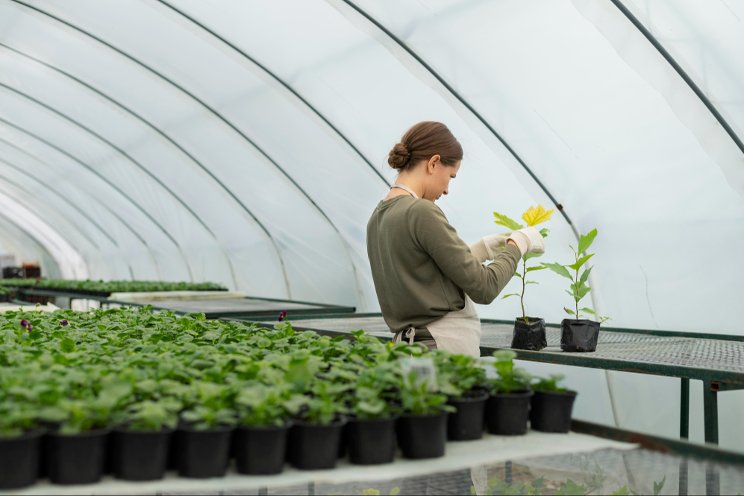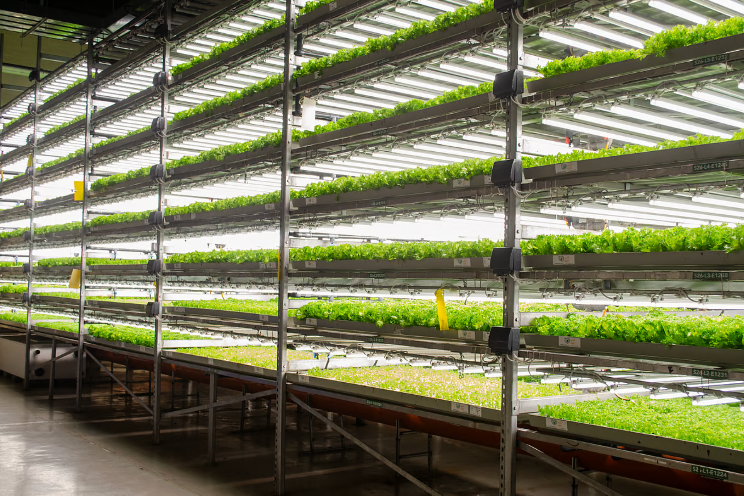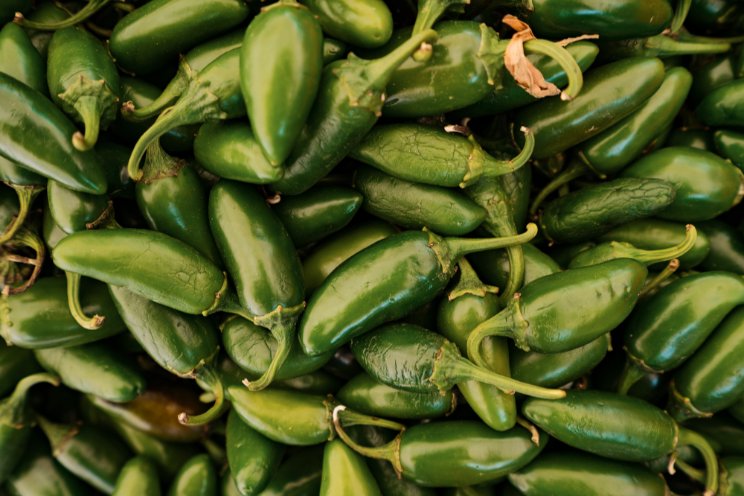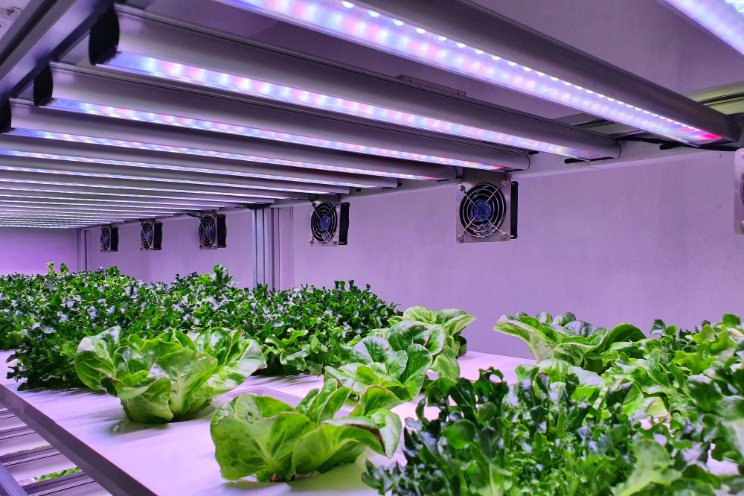6x more carbon footprint in urban farming than conventional
Added on 29 January 2024

The University of Michigan conducted a comprehensive study that focuses on the carbon footprints of urban-grown fruits and vegetables, revealing a sixfold increase compared to conventionally grown counterparts. While this finding underscores a potential environmental concern, exceptions exist, such as lower carbon intensity for open-air urban-grown tomatoes and a narrowing emissions gap for air-freighted crops like asparagus.
How Urban Farming Can Mitigate Climate Impacts?
Jason Hawes, a doctoral student and co-lead author of the study, emphasises the study's potential for positive change in urban agriculture. He suggested that practitioners can mitigate climate impacts by cultivating greenhouse-grown or air-freighted crops and implementing changes in site design and management. This approach aligns with the broader goal of sustainable urban living, offering not only environmental benefits but also social, nutritional, and localised advantages.
Urban Farming v/s Conventional Farming
The meticulous comparison of low-tech urban agriculture sites with conventional methods reveals a significant carbon disparity: 0.42 kilograms of CO2e (carbon dioxide equivalent) per serving from urban agriculture versus 0.07 kg of CO2e per serving from conventional methods.
Image by Freepik
More news















